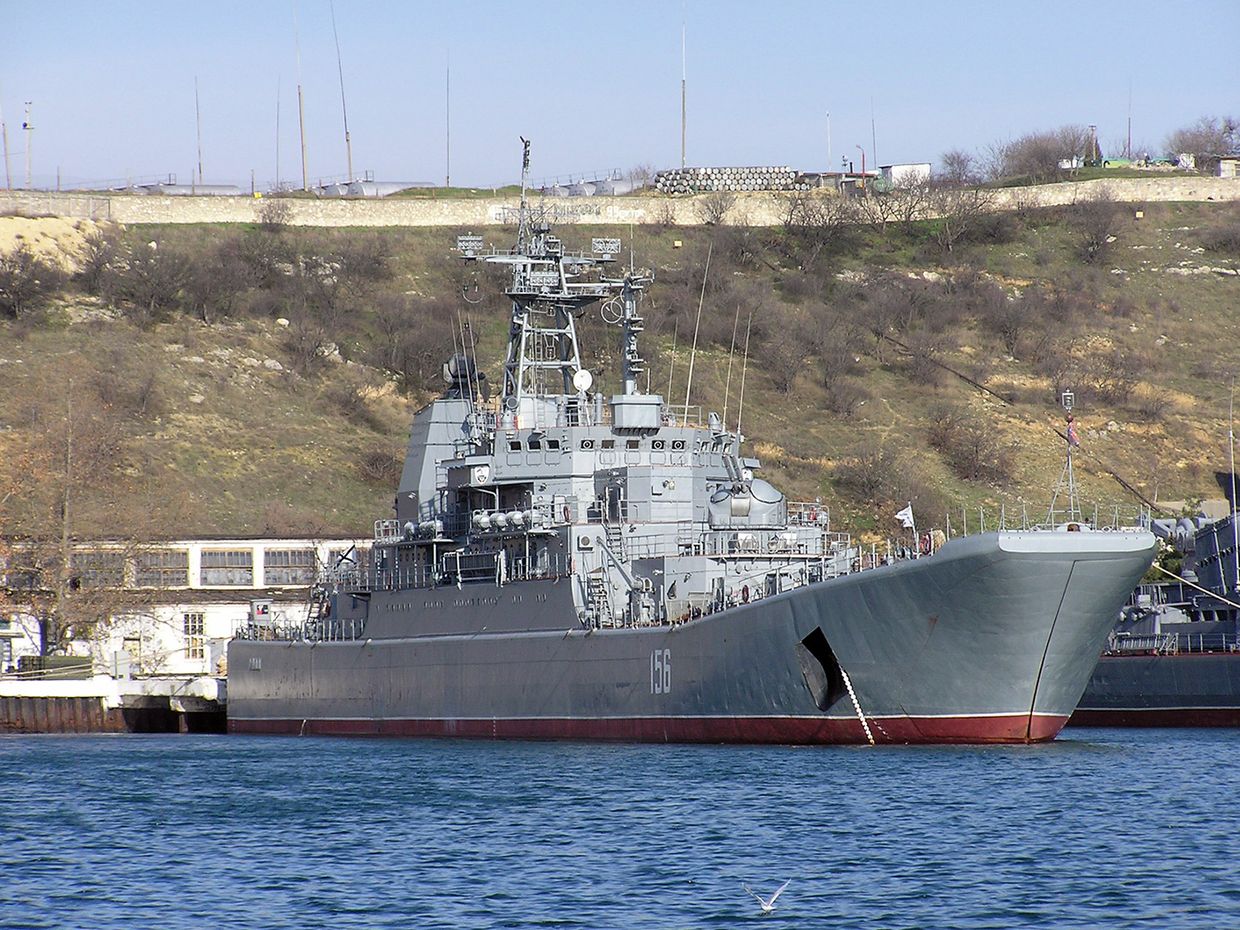ISW: Russian officials propose more anti-migrant policies in response to Moscow shooting

On March 24, Russian State Duma lawmaker Mikhail Sheremet suggested implementing restrictions on migrant entry into Russia in response to the March 22 Crocus City Hall attack. Sheremet claimed that Western intelligence agencies were potentially exploiting migrants to orchestrate terrorist activities within Russia to destabilize the country, the Institute for the Study of War (ISW) said in its latest assessment.
Sheremet, who hails from occupied Crimea, said that Russia "lacks resources to discern migrants' intentions" as it focuses on the war effort. Deputy Chairperson of the Russian State Duma, Vladislav Davankov, proposed stricter measures against migrants. These include a "zero tolerance" policy for migrant offenders in their first year, implementing digital monitoring, and initiating a "migrant replacement" program to automate industries.
Late on March 24, a Moscow court ruled to send four suspects charged with acts of terrorism in connection with the concert hall attack near Moscow, which claimed the lives of 137 individuals, to pretrial detention for two months as they await trial. All of the suspects are Tajik citizens.
Latest reports have further exacerbated existing anti-Tajik and anti-migrant sentiments in Russia, a nation that hosts millions of workers from Tajikistan and other former Soviet Central Asian nations.
The Tajik government reportedly insisted it has not received any "official information" from Russian authorities about its citizens allegedly involved in the attack.
"Russian force generation efforts and anti-migrant policies, an increasingly prominent ultranationalist movement that espouses xenophobic rhetoric, and an increasingly ultranationalist Kremlin that stresses the importance of Russian Orthodoxy in public life are likely further alienating migrant communities," the ISW concluded.











